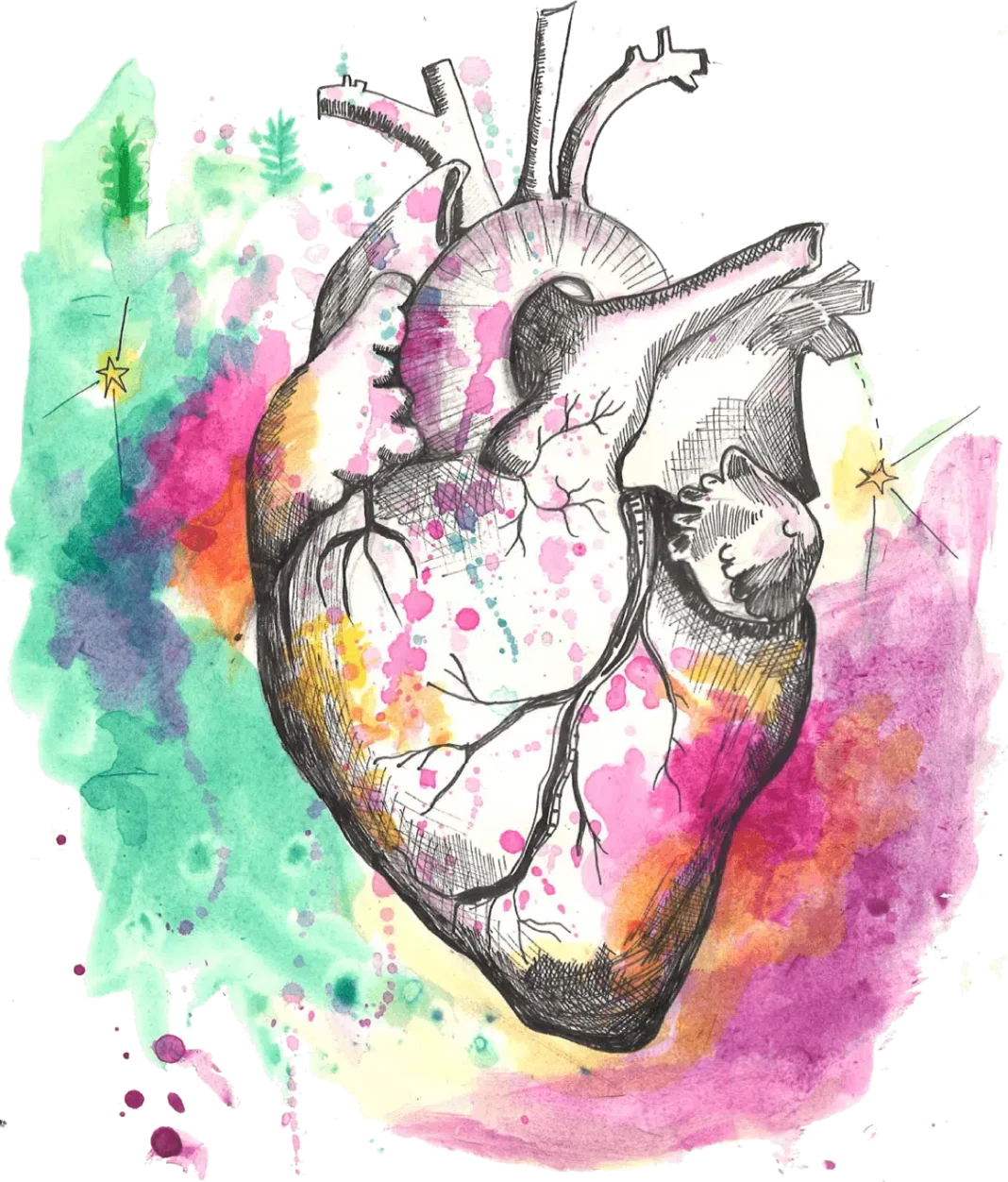Mental Health recovery is too tough when life gets rough, and the weight of the world feels like it’s resting solely on your shoulders, finding solace in spiritual practices can be incredibly healing. Whether you’re battling anxiety, depression, or simply feeling overwhelmed by the challenges life throws your way, incorporating spirituality into your daily routine can be a powerful tool in your mental health recovery journey.
Table of Contents

7 ways for mental health recovery
Connecting with Something Greater
At the heart of many spiritual practices is the idea of connecting with something greater than ourselves. This can take many forms, whether it’s a belief in a higher power, the universe, or simply a sense of connection to all living beings. This belief can provide a deep sense of comfort and reassurance, especially during difficult times. It reminds us that we are not alone in our struggles and that there is a larger force at work in the world.
Connecting with something greater can also provide a sense of purpose and meaning. It can help us see the bigger picture and understand that our lives are part of a larger tapestry. This can be incredibly empowering, as it gives us a sense of direction and helps us navigate life’s challenges with a greater sense of clarity. It can also inspire us to live our lives in a way that is aligned with our values and beliefs.
Moreover, connecting with something greater can help us cultivate a sense of gratitude and awe. When we see the world as part of something larger than ourselves, we begin to appreciate the beauty and wonder of the world around us. This can lead to a deeper appreciation for life and a greater sense of peace and contentment. Overall, connecting with something greater can be a deeply transformative experience that enhances our mental health and well-being. This helps a lot in our mental health recovery.
Finding Peace in Meditation
Meditation is a practice that can bring a deep sense of peace and tranquility to our lives. At its core, meditation involves focusing our attention and quieting our minds. By doing so, we can let go of the constant chatter of our thoughts and enter a state of calmness and relaxation. This can be particularly helpful for those struggling with mental health issues, as it provides a much-needed break from the often overwhelming nature of our thoughts and emotions.
One of the key benefits of meditation is its ability to help us detach from our thoughts and feelings. When we meditate, we observe our thoughts without judgment, allowing them to pass by like clouds in the sky. This can be incredibly liberating, as it helps us realize that we are not defined by our thoughts or emotions. Instead, we can see them as temporary and fleeting, allowing us to find a sense of peace and serenity within ourselves.
Additionally, meditation can help us cultivate a greater sense of mindfulness in our daily lives. Mindfulness is the practice of being fully present in the moment, without judgment. When we are mindful, we are better able to appreciate the beauty of the present moment and let go of worries about the past or future. This can be incredibly beneficial for our mental health recovery, as it allows us to experience life more fully and deeply, without getting caught up in negative thoughts or emotions.
Practicing Mindfulness
Practicing mindfulness is a transformative practice that can play a pivotal role in mental health recovery. At its core, mindfulness involves being fully present in the moment, without judgment or attachment to thoughts and feelings. This practice allows individuals to observe their thoughts and emotions from a distance, creating a sense of detachment that can be incredibly liberating. By cultivating mindfulness, individuals can develop a greater awareness of their mental processes, enabling them to better manage and respond to stressors that may arise during the recovery process.
One of the key benefits of practicing mindfulness in mental health recovery is its ability to help individuals develop a more compassionate and nonjudgmental attitude towards themselves. Many individuals struggling with mental health issues often experience self-critical thoughts and feelings of inadequacy. However, mindfulness teaches individuals to observe these thoughts without getting caught up in them, allowing them to cultivate self-compassion and acceptance. This shift in perspective can be incredibly empowering and can help individuals develop a more positive relationship with themselves.
Additionally, practicing mindfulness can help individuals develop greater emotional resilience, which is crucial for mental health recovery. By learning to observe their thoughts and emotions without reacting to them, individuals can develop a greater sense of emotional stability. This can help them navigate the ups and downs of the recovery process with greater ease and grace. Furthermore, mindfulness can help individuals develop healthier coping mechanisms for dealing with stress and negative emotions, reducing the likelihood of experiencing relapse or setbacks in their recovery journey. Overall, mindfulness is a powerful tool that can help individuals cultivate a greater sense of peace, clarity, and resilience in their mental health recovery.

Finding Comfort in Rituals
Finding comfort in rituals can be a powerful tool in mental health recovery. Rituals provide a sense of structure and predictability, which can be particularly comforting during times of stress or uncertainty. Whether it’s a daily meditation practice, a weekly religious service, or a monthly gathering with friends, rituals can create a sense of stability and routine in your life. This can be especially beneficial for those struggling with mental health issues, as it provides a sense of control and predictability in a world that can often feel chaotic.
Additionally, rituals can serve as a form of self-care, allowing you to carve out time in your day to focus on your mental and emotional well-being. Taking the time to engage in rituals that nourish your soul can help you feel more grounded and centered, making it easier to cope with the challenges of life. Whether it’s a simple ritual like lighting a candle and taking a few deep breaths, or a more elaborate ritual like attending a religious ceremony, these practices can be incredibly soothing and restorative.
Furthermore, rituals can help you connect with something greater than yourself, whether it’s a higher power, nature, or the collective energy of a group. This sense of connection can be incredibly healing, providing a sense of purpose and meaning in your life. It can also help you feel less alone in your struggles, knowing that others are sharing in your rituals and supporting you on your mental health recovery journey. Overall, finding comfort in rituals can be a powerful way to enhance your mental health and well-being, providing a sense of stability, self-care, and connection in your life.
Drawing Strength from Community
Drawing strength from community is a cornerstone of mental health recovery. When facing challenges, having a supportive community can provide a sense of belonging and understanding that is crucial for healing. Being part of a community that shares your spiritual beliefs can offer a safe space where you can express your thoughts and emotions without fear of judgment. This sense of belonging can be incredibly empowering, giving you the strength and courage to face your struggles head-on.
Moreover, community support can provide valuable insights and perspectives that can help you navigate your mental health recovery journey. By sharing your experiences with others who have walked a similar path, you can gain new insights and strategies for coping with your challenges. This exchange of ideas and support can be incredibly valuable, offering new perspectives and approaches that you may not have considered on your own.
Additionally, the sense of accountability that comes from being part of a community can be a powerful motivator in your mental health recovery. Knowing that you have a support system cheering you on can give you the motivation to keep going even when things get tough. This sense of accountability can help you stay committed to your recovery goals, ensuring that you continue to make progress towards healing.
Cultivating Gratitude

Cultivating gratitude is a transformative practice that can significantly impact mental health recovery. When facing challenges, it’s easy to dwell on negative thoughts and emotions, which can worsen mental health conditions like anxiety and depression. However, by intentionally focusing on the things you’re grateful for, you can shift your mindset and improve your overall well-being. This practice helps reframe your perspective, allowing you to see the positive aspects of your life even in difficult times.
Gratitude also plays a crucial role in fostering resilience during mental health recovery. By acknowledging and appreciating the good things in your life, no matter how small they may seem, you can build a stronger foundation for coping with adversity. This mindset shift can help you navigate challenges with a more positive outlook, making it easier to bounce back from setbacks and maintain a sense of hope and optimism.
Moreover, cultivating gratitude can improve your relationships and social connections, which are vital for mental health recovery. When you express gratitude towards others, it not only strengthens your bond with them but also enhances your own well-being. By fostering a sense of gratitude in your interactions, you can create a more positive and supportive environment, which can be incredibly beneficial for your mental health journey.
Embracing Forgiveness
Embracing forgiveness as part of your mental health recovery journey is a profound step toward healing and inner peace. Forgiveness is not about condoning hurtful actions or minimizing your pain; rather, it’s a choice to let go of anger, resentment, and the desire for revenge. By releasing these negative emotions, you free yourself from their burden and create space for healing to take place.
Forgiving yourself is often the first and most crucial step. Many of us carry guilt and shame for past mistakes, but holding onto these feelings only serves to weigh us down. By forgiving yourself, you acknowledge that you are human, that you are deserving of compassion and understanding, and that you are capable of change. This act of self-forgiveness is a powerful form of self-care and can lead to greater self-acceptance and resilience.

Forgiving others is equally important. Holding onto grudges and resentments can have a detrimental effect on your mental health, leading to increased stress, anxiety, and even depression. By choosing to forgive those who have wronged you, you release yourself from the cycle of negativity and reclaim your power. Forgiveness is not always easy, and it may take time, but it is a transformative act that can set you free from the past and pave the way for a brighter future.
In conclusion, embracing forgiveness is a vital part of mental health recovery. It allows you to let go of negative emotions, heal from past wounds, and move forward with a greater sense of peace and clarity. Whether you’re forgiving yourself or others, the act of forgiveness is an empowering choice that can bring profound healing and transformation to your life.
Incorporating spiritual practices into your daily routine can be a powerful way to enhance your mental health recovery journey. Whether you find solace in meditation, mindfulness, or community, embracing spirituality can help you find peace, clarity, and strength in the midst of life’s challenges.
In conclusion, the power of spiritual practices in enhancing mental health recovery cannot be overstated. From finding peace in meditation to cultivating gratitude and embracing forgiveness, spirituality offers a holistic approach to healing that addresses the mind, body, and spirit. By incorporating spiritual practices into your daily routine, you can find comfort, strength, and clarity in the midst of life’s challenges.
It’s important to remember that spirituality is a personal journey, and what works for one person may not work for another. The key is to explore different practices and find what resonates with you. Whether you find solace in prayer, meditation, or simply spending time in nature, the important thing is to listen to your heart and do what feels right for you.
In the end, incorporating spiritual practices into your mental health recovery journey can be incredibly empowering. It can help you find meaning and purpose in your struggles, and provide you with the strength and resilience to overcome them. So, if you’re struggling with your mental health, consider exploring the world of spirituality. You may be surprised at the peace and healing it can bring into your life. do want to find out more spiritual strategies them Click Me Here!



